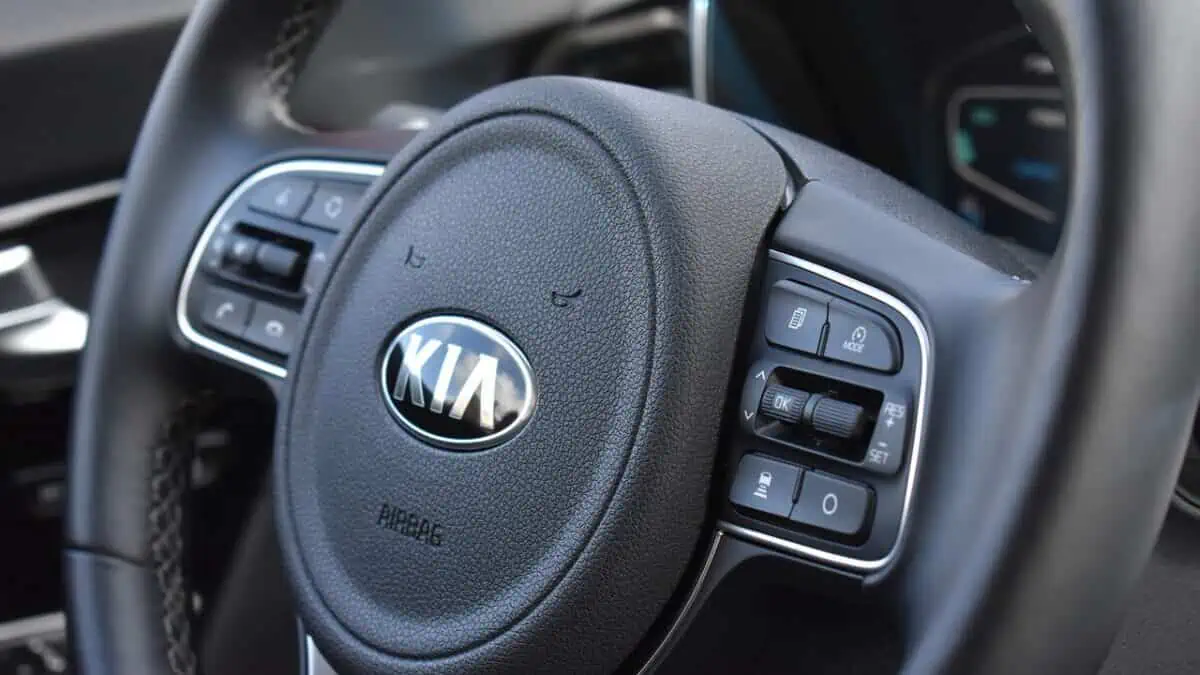South Korean legacy automaker Kia has just disclosed new strategies to boost its global electric vehicle production capabilities through its facilities in the United States and China, according to KED Global.
These moves demonstrate the company’s dedication to advancing in the global electric vehicle market as the transportation industry transitions to sustainable mobility.
US production boosts competitiveness under IRA
Kia plans to ramp up its electric vehicle production in the US to boost its competitiveness under the Inflation Reduction Act.
On May 30, Kia announced it already started producing its EV9 three-row SUV from its West Point factory in Georgia. It expects the local production to boost the flagship electric SUV’s cost competitiveness in the world’s third-largest electric vehicle market through the IRA’s up to $7,500 tax credits.
Kia invested a whopping $200 million to increase the number of electric vehicle production lines at the Georgia factory.
The South Korean brand seeks to capitalize on the local market while fulfilling strict regulations, potentially enabling it to benefit from government incentives.
Chinese production to focus on exports to new markets
In addition to strengthening its US presence, Kia also plans to utilize its production facilities in China to focus on exporting EVs to emerging markets.
Kia believes that the local production of its EV5 compact electric SUV in the Yancheng factory in Jiangsu can significantly aid its efforts to dominate the global market.
In June, it started shipping the EV5 to various countries in Jiangsu in the Asia Pacific, including Thailand and Australia.
The Kia EV5 serves as the brand’s first-ever China-made EV for the global market. It features BYD’s lithium iron phosphate (LFP) battery, which enables a driving range of 720 km between charges.
Kia aims to export the China-made EV5 to Middle Eastern markets soon. To do that, the company plans to crank out over 30,000 EV5s in 2024 and export over 10,000 units.
For context, Kia currently has three production plants in China. They have a combined annual production output of almost 900,000 units. Of that total, exports are expected to account for 280,000 units in 2024.
With China being a global hub for electric vehicle production and technology, Kia aims to leverage the country’s manufacturing prowess and tap into the burgeoning demand for electric vehicles in regions beyond traditional markets.
Solidifying Kia’s position in booming EV market
Kia’s strategy to optimize its production capabilities in the US and China will significantly enable it to strengthen its presence in the booming electric vehicle market.
Its major EV investments align with wider industry trends towards sustainable mobility, potentially positioning the brand as a dominant player in the rapidly growing market.
Kia’s intensified push demonstrates its proactive approach to meeting customers’ varying needs and regulatory standards worldwide.






